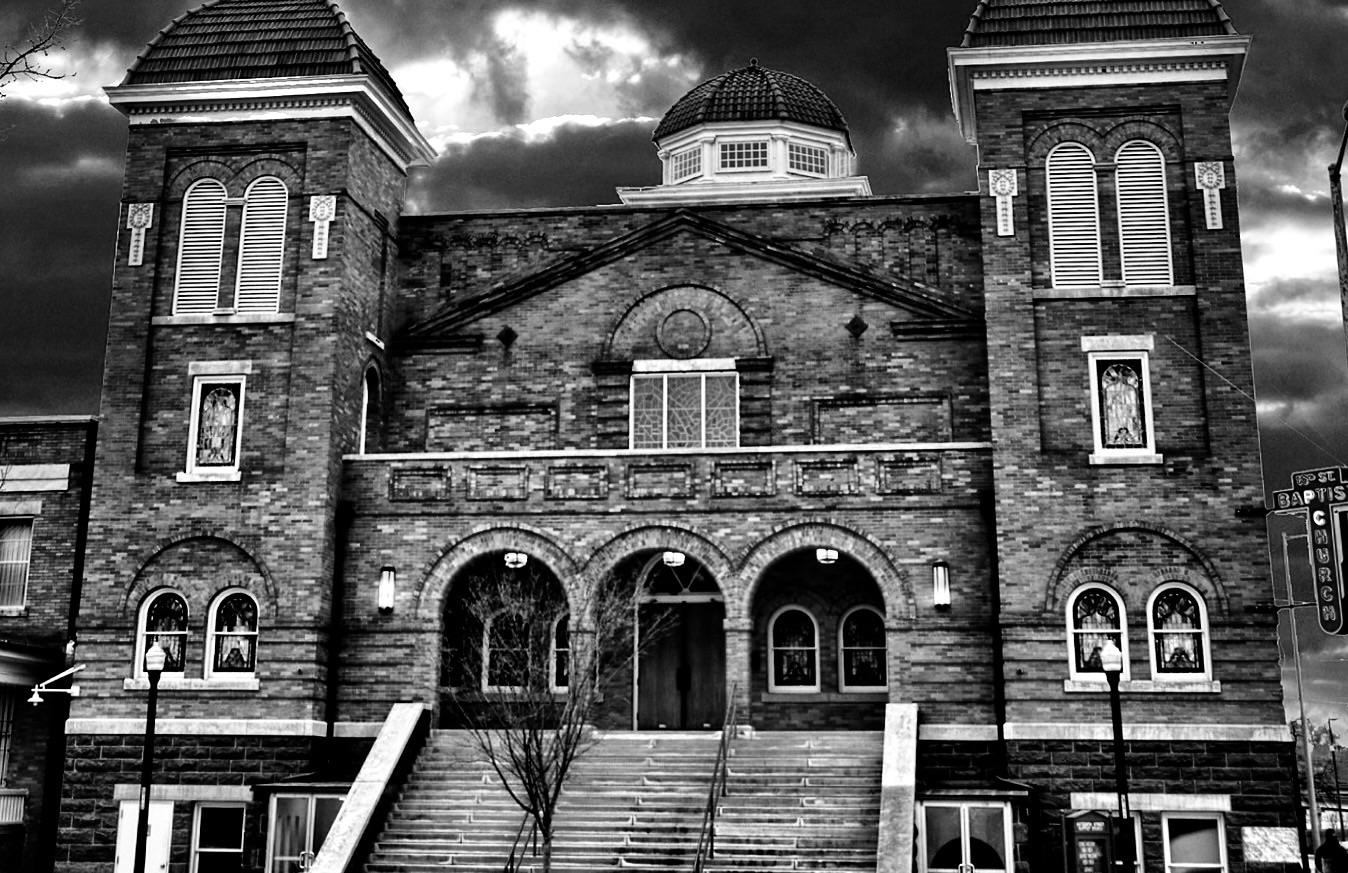BIRMINGHAM, Ala. — The Sixteenth Street Baptist Church, a symbol of resilience and a landmark of the Civil Rights Movement, was honored this week as one of 10 recipients of the 2024 National Preservation Awards. This prestigious recognition underscores the church’s significant role in American history and signals renewed support for its ongoing preservation.
Built in 1911, the Sixteenth Street Baptist Church became a meeting place for civil rights leaders in the 1960s, including Rev. Martin Luther King Jr., and was a crucial organizing hub during the Birmingham Campaign. The church gained international attention on Sept. 15, 1963, when a bomb planted by white supremacists exploded, killing four young Black girls: Addie Mae Collins, Denise McNair, Carole Robertson, and Cynthia Wesley. The tragic event galvanized the civil rights movement, drawing national attention to the harsh realities of racial injustice in the South and accelerating momentum for the Civil Rights Act of 1964.
The 2024 National Preservation Award not only acknowledges the church’s historical significance but also provides financial and institutional support that will aid in sustaining its legacy. The funds and resources associated with the award will contribute to maintenance, structural preservation, and educational outreach. Church leaders hope that this recognition will bolster efforts to share its history with future generations and inspire meaningful reflection on civil rights progress.
The recognition comes at a pivotal time, as the church continues to play an active role in community education and remembrance. Enhanced preservation efforts will enable the church to develop new exhibits, host educational tours, and create digital archives that reach beyond Birmingham’s borders.
The impact of this award also underscores the broader commitment to preserving landmarks that have shaped America’s social fabric. As other civil rights sites face the challenges of time and funding, the Sixteenth Street Baptist Church stands as a reminder that history must be protected to inform the future.
The church’s designation as a 2024 National Preservation Award recipient is not only a testament to its past but a beacon for its future—ensuring that its story of sacrifice, resilience, and hope will continue to resonate for years to come.

